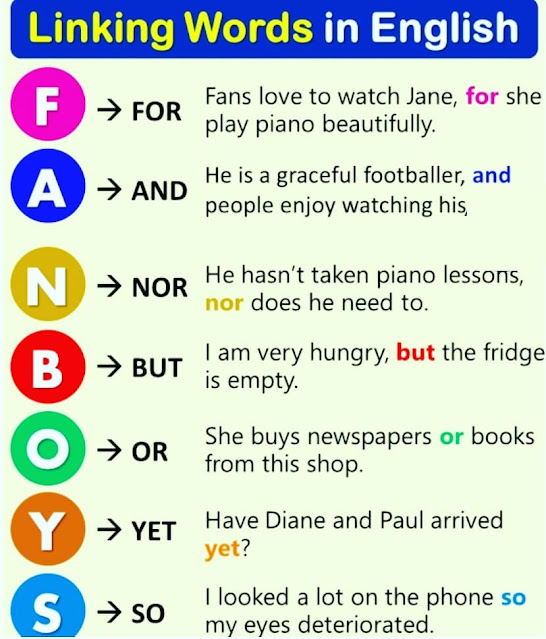Present Perfect tense in English
This section is about the perfect present tense in English. This time is used to express something in the past that has had an impact until the present.
Present Perfect in English is used to describe events that happened in the past but that event or its impact has continued to the present.
The perfect present tense structure
The perfect present tense is formed by the present tense of the verb have plus the third form of the verbs. By adding ed to the end of most verbs, a third form (past participle) can be created.
Exceptions to the third form of verbs
1. If the end of the verb has e, it is enough to add d to make the third figure.
love - loved
2. In British English it is repeated twice if the current ending is L, but in American English it L is repeated once.
travel - travelled
travel - traveled
4. If the end of the verb is y, it becomes i.
hurry - hurried
Ask a question
To question the perfect simple present tense, all we have to do is change the place of the subject and the auxiliary verb (have / has).
If we want to ask a question with the words wh, we must first turn the news sentence into a question, then delete the part of the sentence that we want to ask about and put the question word at the beginning of the sentence.
Negative
Sentences with this tense are done only by placing a note after the auxiliary verb (have / has) and before the main verb.
I have not played
perfect present tense applications
1. To talk about something that started in the past and has continued to the present. Consider the following examples:
They’ve been married for nearly fifty years .
2. To talk about work that has been done several times in the past and has continued to this day. Consider the following examples:
I’ve played the guitar ever since I was a teenager .
3. To talk about our experiences so far. For this application, we usually use the ever and never adverbs. Consider the following examples:
My last birthday was the worst day I have ever had .
4. To talk about what happened in the past but its impact on the present remains. Consider the following examples:
I can’t get in the house . I’ve lost my keys .



Comments
Post a Comment